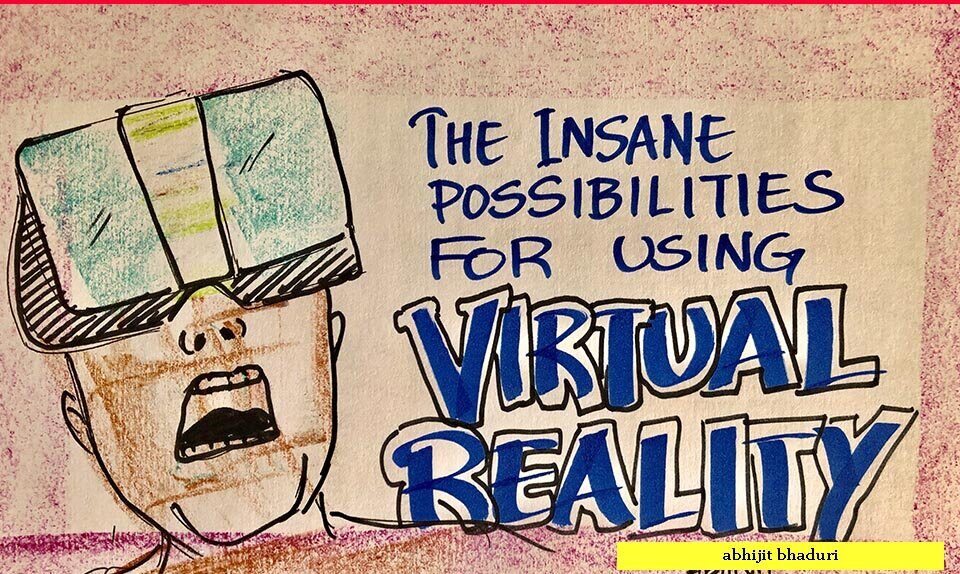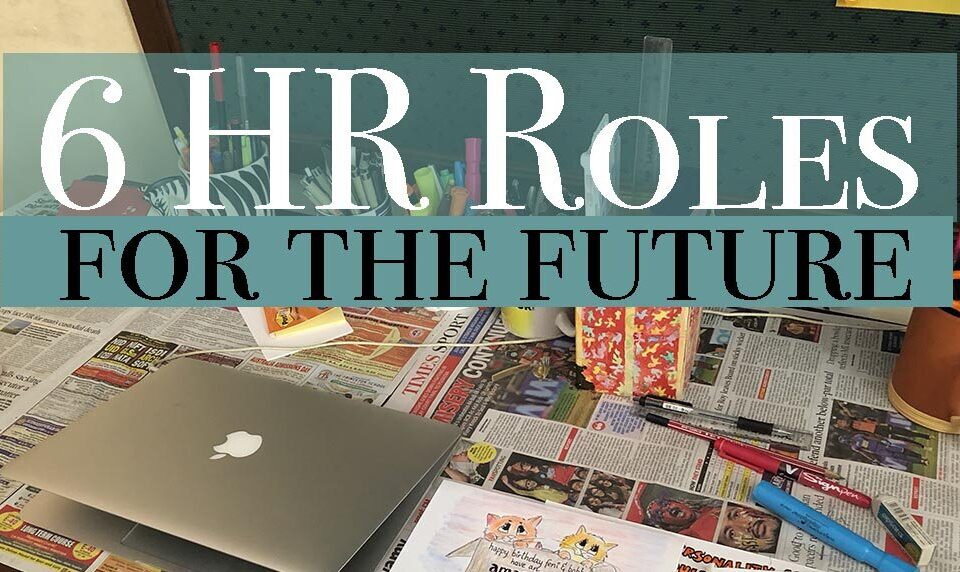When the AI based virtual assistant in our smart phone helps us choose a restaurant or send a text message we enjoy the moment. We don't want to turn the clock back to a time when we did not have AI based systems recommending to us what we never knew we wanted to buy. The machine is watching us and learning each move we make. Instead of augmenting brawn, machines are now augmenting our cognitive abilities. Understanding emotions of self and others will be the next frontier. When people learn to work with machines the possibilities are endless. But is there an invisible price that we forget?
Will HR be replaced by chatbots and machines? The answer is nuanced. The machines are not good at understanding shades of emotions, sarcasm, humor etc. Machines are good at doing “mindless” repetitive tasks. These are the tasks that humans can do without giving it any thought. Routine, repetitive tasks that machines can be trained to do more efficiently than humans will be done by machines. But jobs that depend on social skills and involve complex human interactions will stay with humans. Those who learn to work WITH machines will thrive. HR will certainly need to learn to work with robots who will be part of every workforce. But that is not all. HR will need to be reimagined...
Can industry bodies like CII and NASSCOM play a different role in building a common talent pool? What if every fresh entrant into the workforce is employed not by an organization but by an industry body (eg Nasscom employs all software engineers who have base level and undifferentiated skills). The member companies can farm out the work to be done by this pool. Think of it like work being allocated to a secretarial pool. What if...?
The biggest disruption will be in the Learning & Development space from schools to the workplace. History and Geography taught through VR will allow the student to experience what it feels like to be inside the Pyramid of Giza in Egypt and in the rainforests of Amazon in one afternoon. Imagine the transformative power of bringing this education to a child in a remote village or the slums. How dramatically it could be what education is not.In the corporate world it could be used to simulate the negotiation scenario and teach the team ahead of time what challenges to avoid. If you dread speaking in public, wear the VR headset and practice giving your speech in front of your CEO or even an auditorium full of hecklers (if you are an unpopular politician). VR could help people get over their fears by building their immunity with progressive increases in levels of difficulty.
Addressing the lower rungs of Maslow’s hierarchy seems passé. Are employees willing to work in a stressful workplace if their mission seems lofty enough? Evidently yes. Recently, Tesla and SpaceX – both run by Elon Musk were in the news for being stressful places to work. Elon Musk responded by saying, “SpaceX and Tesla rated most meaningful work in high tech. Also, most stressful, but that goes with the territory.” Musk has really made engineering and manufacturing interesting again.
Traditionally, organizations have worked based on one rule that every employee of the organization had to follow. Then came the era of five or six sets of rules that applied to five or six types of employment contracts that were offered by an organization. What if each individual employee had their own unique contract based on all the possible variables they could choose from. Today, several startups and digital disruptors have very few employees. For example, Uber has a policy of having only 3 employees in a city who manage the entire operation from partnering with drivers and managing them and serving clients. Xiaomi sold a million handsets in in India with only 75 employees. Will these organizations create new models of performance management and rewards? Will they grow their own talent by hacking new ways of learning at a rapid pace or will they buy out talent on a pay per use model? The possibilities are immense. Here are six roles your organization should think about.
By 2018, two million employees will be required to wear health and fitness tracking devices as a condition of employmentWho owns that data? What kind of decisions can the employer make with that data? Can the employee get to opt out of this tracking? The line is getting thinner. Wearables are coming soon to a workplace near you.









